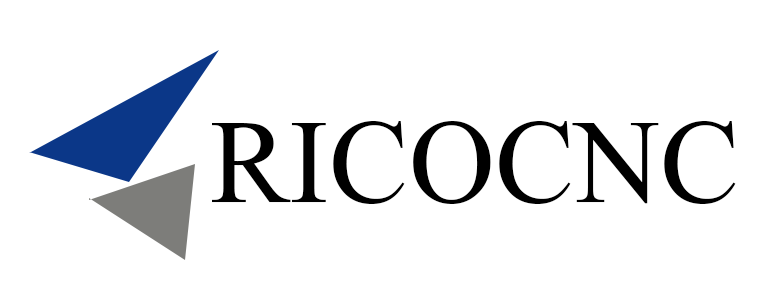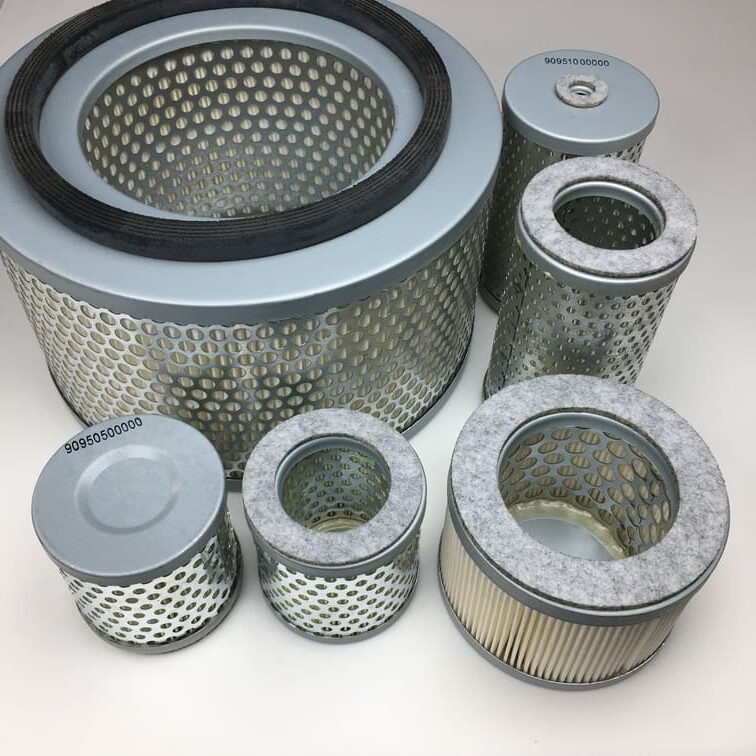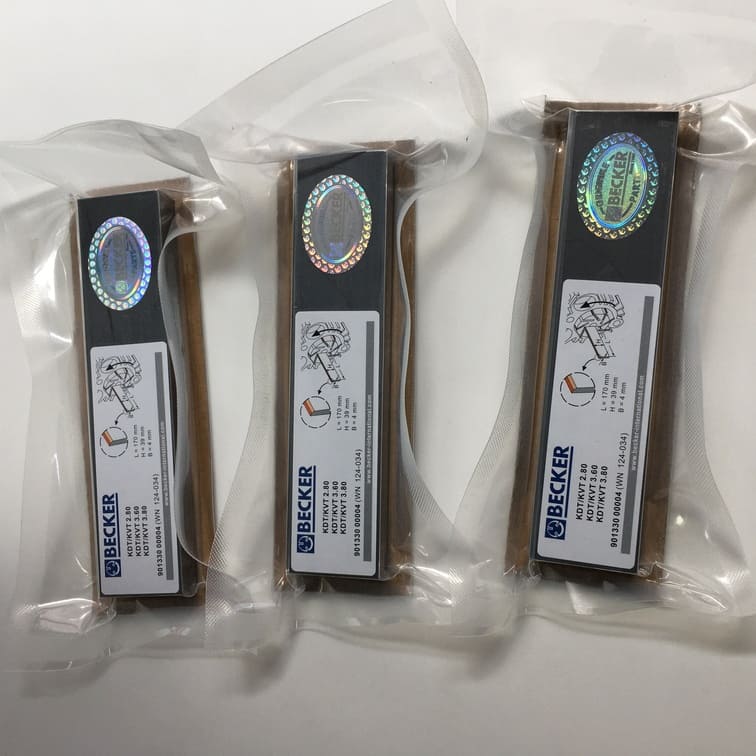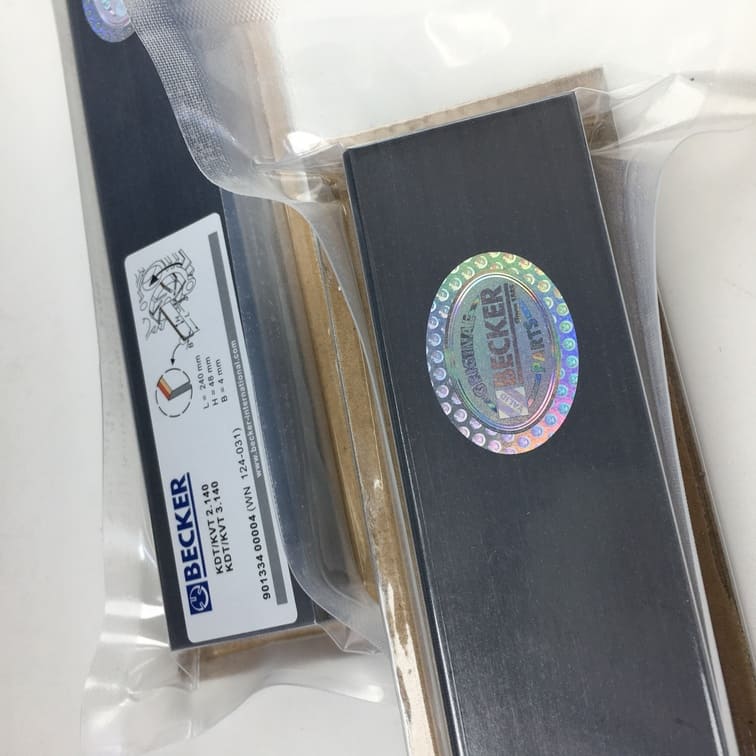Understanding the Vital Role of Vacuum Pump Filters
Vacuum pumps are essential workhorses in a vast array of industries, from pharmaceuticals and chemical processing to vacuum coating and metallurgy. But often overlooked is a critical component that ensures these pumps operate efficiently and reliably: the vacuum pump filter. These filters, seemingly simple in design, play a vital role in protecting the pump, optimizing performance, and even safeguarding the health and safety of workers. Let’s delve deeper into the world of vacuum pump filters, exploring their advantages, different types, maintenance practices, and why timely replacement is not just recommended but absolutely essential.
Why Are Vacuum Pump Filters So Important? The Benefits They Bring
Vacuum pump filters provide a host of benefits that contribute to the smooth operation and longevity of your equipment:
- Superior Contaminant Removal: They possess an exceptional ability to trap even the most minute particles of dust, debris, and other contaminants. Their large filtration surface area, coupled with their intricate design, allows for deep, thorough filtration that outperforms many other filtration methods.
- Engine and Pump Protection: By effectively capturing these impurities, filters prevent them from entering the sensitive internal mechanisms of the vacuum pump. This safeguards the pump from wear and tear, preventing premature failure and extending its operational lifespan.
- Enhanced Air Quality: These filters act as guardians of air quality. They efficiently filter out harmful particles and aerosols, ensuring that the air discharged from the pump is clean and safe for the surrounding environment.
- Whisper-Quiet Operation: A well-maintained filter contributes to quieter pump operation. By reducing the intake of air resistance, filters minimize the noise generated during the vacuum process, creating a more pleasant and productive work environment.
- Fuel Efficiency: High-quality vacuum pump filters can even impact fuel consumption. Their ability to optimize airflow and reduce strain on the pump can result in fuel savings of up to 10%, leading to significant cost reductions over time.
- Extended Service Life: The use of specialized materials in the construction of many vacuum pump filters enhances their durability and resistance to harsh operating conditions. This, combined with their efficient filtration capabilities, significantly extends the time between maintenance intervals and replacements.
- Compatibility with Various Substances: Vacuum pump filters are designed to be compatible with a wide range of substances, including strong acids, alkalis, and organic solvents. This makes them suitable for use in diverse industrial applications where exposure to corrosive materials is common.
Keeping Your Filters in Top Shape: Essential Maintenance Practices
Just like any crucial component, vacuum pump filters require regular care and maintenance to function optimally:
- Cleanliness is Key: When working with engineering machinery, especially during refueling, ensure that all tools, including those used for handling filters, are meticulously clean.
- Careful Handling: To avoid contaminating the fuel or oil, it is crucial to handle filters and fueling equipment with utmost care. Never remove filters prematurely just to speed up the refueling process.
- Protective Gear: Always wear appropriate work attire, including clean gloves, during maintenance. This prevents fibers, dust, and other contaminants from inadvertently entering the oil or fuel.
- Cleaning Procedure:
- Loosen the bolts securing the filter housing and carefully separate it from the head.
- Be mindful of rubber seals and fiber washers, ensuring they are not lost or damaged.
- Remove the spring, felt pad, and the filter core itself.
- Use a soft brush to dislodge dirt and debris from the filter pleats. Gently tap the filter to remove any remaining dust.
- Clean the interior of the filter housing and the fiber pad.
- Reassemble the filter components in reverse order, using either a cleaned filter or a new one.
Different Types of Vacuum Pump Filters for Specific Needs
Imported vacuum pumps commonly employ three primary types of filtration:
- Inlet Filter (Intake Filter): This filter is the first line of defense, preventing solid particles and fine dust from being drawn into the vacuum pump. By minimizing mechanical wear, it enhances the reliability of the pump and extends its operational lifespan. Inlet filters are also effective at protecting other components within the vacuum system.
- Exhaust Filter: The exhaust filter plays a crucial role in separating oil mist from the air being discharged from the pump. Balancing exhaust resistance, dust holding capacity, and oil-mist separation efficiency is paramount. Different filter materials are used in various internal and external positions to optimize the separation process, ensuring that only clean air is released back into the environment.
- Oil Filter: This filter is dedicated to filtering the lubricating oil within the vacuum pump, extending the oil’s service life and reducing the frequency of oil changes. It is typically a full-flow filter installed directly in the oil line.
The High Cost of Neglect: Why Timely Filter Replacement is Crucial
Many vacuum pump users underestimate the impact of operating conditions on filter lifespan. While some applications with cleaner environments might allow for extended filter use, neglecting regular replacement in harsher conditions can have severe consequences:
- Increased Oil Consumption: Overused filters become clogged, restricting airflow and forcing the pump to work harder. This leads to increased oil consumption, adding to operational costs and potentially causing oil starvation if not addressed.
- Compromised Filtration Efficiency: As filters become saturated with contaminants, their ability to trap harmful particles diminishes. This can allow contaminants to enter the pump, causing damage and reducing its efficiency.
- Environmental Impact: A clogged exhaust filter can release harmful oil mist and volatile organic compounds (VOCs) into the environment. This not only pollutes the air but also poses health risks to personnel in the area, potentially exposing them to benzene, toluene, and xylene.
- Overpressure and Oil Spraying: Severely clogged filters can cause excessive pressure buildup within the pump, leading to oil spraying. This creates a messy and hazardous situation and can damage surrounding equipment.
Regular filter replacement is not a luxury but a necessity. It’s crucial to assess your specific operating conditions and establish a reasonable filter replacement schedule. This proactive approach ensures optimal filter performance, protects your vacuum pump, minimizes oil consumption, reduces environmental impact, and ultimately saves you money in the long run.
Replacement Procedure of Oil Mist Separator:
The oil mist separator filter is designed for single use and cannot be cleaned. When replacing, please cut off the power first, close the vacuum pump switch, and ensure that the vacuum pump is connected to atmospheric pressure. Open the exhaust port cover from the oil tank and use a special wrench to remove the exhaust filter. Install the new oil mist separator with sealing ring in the correct position in the oil tank.
A Wide Range of Applications: Where Vacuum Pump Filters Shine
Vacuum pump filters are indispensable in a multitude of industries, including:
- Pharmaceutical and Chemical Processing: Vacuum pumps are used extensively in the production of pharmaceuticals, agrochemicals, cosmetics, detergents, surfactants, inks, adhesives, and various other chemical products. They are crucial for processes like filtration, distillation, and drying.
- Vacuum Coating, Drying, and Surface Treatment: Vacuum coating techniques, used to deposit thin films of materials onto substrates, rely heavily on vacuum pumps. Similarly, vacuum drying and surface treatment processes also depend on the efficient operation of these pumps.
- Vacuum Metallurgy, Brick, and Ceramic Manufacturing: Vacuum technology plays a vital role in metallurgy, preventing oxidation of metals during high-temperature processing. In brick and ceramic manufacturing, vacuum pumps are used to remove air and moisture, ensuring product quality and consistency.
Conclusion: Invest in Your Vacuum Pump’s Health
Vacuum pump filters are the unsung heroes of countless industrial processes. Their ability to protect equipment, enhance performance, and safeguard the environment cannot be overstated. By understanding their benefits, implementing proper maintenance practices, and adhering to timely replacement schedules, you can ensure that your vacuum pumps operate at peak efficiency, minimizing downtime, reducing costs, and contributing to a safer and more productive work environment. Investing in the health of your vacuum pump filters is an investment in the success of your operations.




